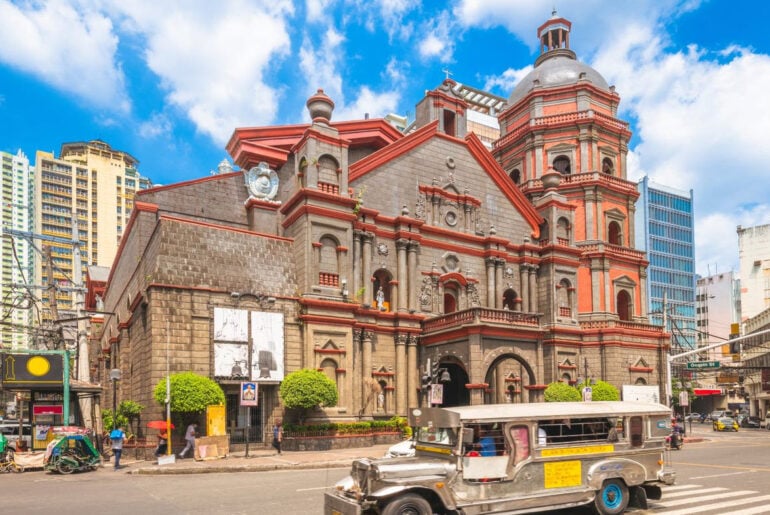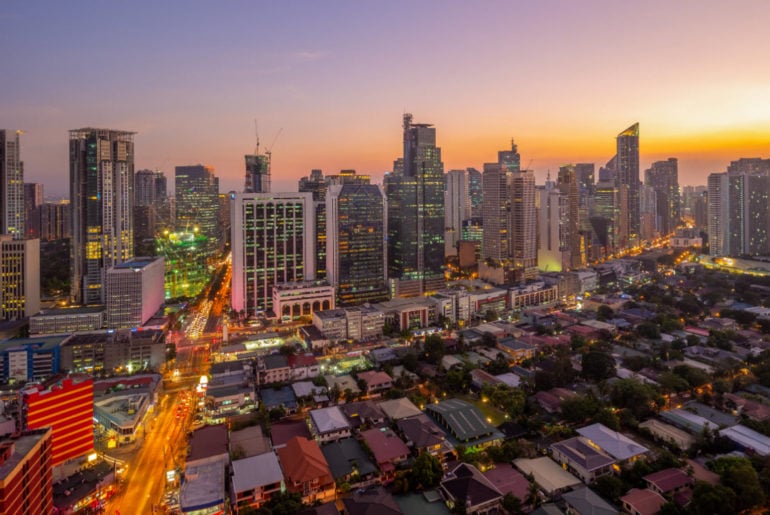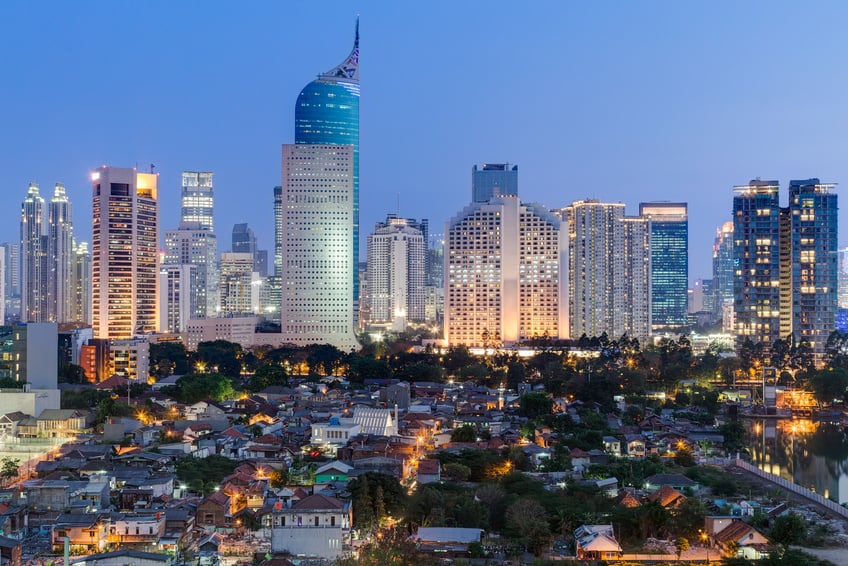The Department of Labor and Employment recently issued Department Order No. 238, Series of 2023 or the “Rules on the Administration and Enforcement of Labor Standards pursuant to Article 128 of the Labor Code of the Philippines, as renumbered, and Republic Act No. 11058” (“DO 238-23”). DO 238-23 aims to strengthen the visitorial and enforcement power of the Secretary of Labor and Employment to ensure and maintain higher levels of compliance with respect to general labor standards, occupational safety and health standards, and other social legislations among various establishments across different industries.
Baker McKenzie’s Asia Pacific Employers’ Forum took place in Singapore on Thursday, 27 April 2023. You can access a number of related resources relating to employment issues and trends.
Join us for a four-part webinar series as our US moderators welcome colleagues from around the globe to share the latest labor and employment law updates and trends. US-based multinational employers with business operations in Asia Pacific, Europe, the Middle East and Africa, and the Americas regions will hear directly from local practitioners on the major developments they need to know, and come away with practical tips and takeaways to implement.
In May 2022, the Indo-Pacific Economic Framework for Prosperity (IPEF) was launched between Australia, Brunei, Fiji, India, Indonesia, Japan, South Korea, Malaysia, New Zealand, the Philippines, Singapore, Thailand, the US and Vietnam. On account of its specified focus on labor standards and issues, IPEF is likely to have an ongoing impact on labor regulations and trends among partner countries, including Vietnam.
The National Privacy Commission issued Circular No. 2022-04 on 5 December 2022, which sets out the registration framework of Data Protection Officers and Data Processing Systems. Under the Circular, personal information controllers and personal information processors operating in the Philippines are required to register with the NPC as long as they meet any of the conditions for registration. The Circular took effect on 11 January 2023.
On 10 October 2022, President Ferdinand Marcos Jr. signed into law Republic Act No. 11934, otherwise known as the “Subscriber Identity Module (SIM) Registration Act”. The primary purpose of the Act is to mandate all public telecommunications entities to require the registration of SIM cards prior to their sale and activation, in an effort to promote accountability and provide law enforcement with an identification tool in resolving crimes .
On 15 November 2022, the Department of Energy issued Department Circular No. 2022-11-0034 to amend Section 19 of the Rules and Regulations Implementing Republic Act No. 9513, otherwise known as the Renewable Energy Act of 2008. The amendments remove Filipino ownership requirements previously imposed on the exploration, development and utilization of solar, wind, hydro and ocean or tidal energy resources, to allow full foreign ownership.
The guide provides the latest regulatory information on sandboxes, robo-advisers, online lenders, payment processors, marketplaces, exchanges and trading platforms, high-frequency and algorithmic trading, financial research platforms, insurtech, regtech, blockchain, non-fungible tokens (NFTs) and open banking.
The guide provides key legal information on the regulatory environment for digital health, potential legal issues, and other hot topics at the intersection of healthcare, data and technology.
To learn more about the latest trends and developments in digital healthcare in the Philippines, access the Philippine chapter of Chambers and Partners Digital Healthcare Global Guide 2022, exclusively authored by Quisumbing Torres.
On 30 August 2022, the Indonesian House of Representatives agreed to pass a law ratifying the Regional Comprehensive Economic Partnership, the largest regional free trade agreement outside the World Trade Organization — involving 10 ASEAN countries and five non-ASEAN countries, i.e., China, New Zealand, Australia, Japan and South Korea. With the passing of this law, which still requires promulgation by the President, RCEP is set to come into force for Indonesia, possibly before the end of the year.



